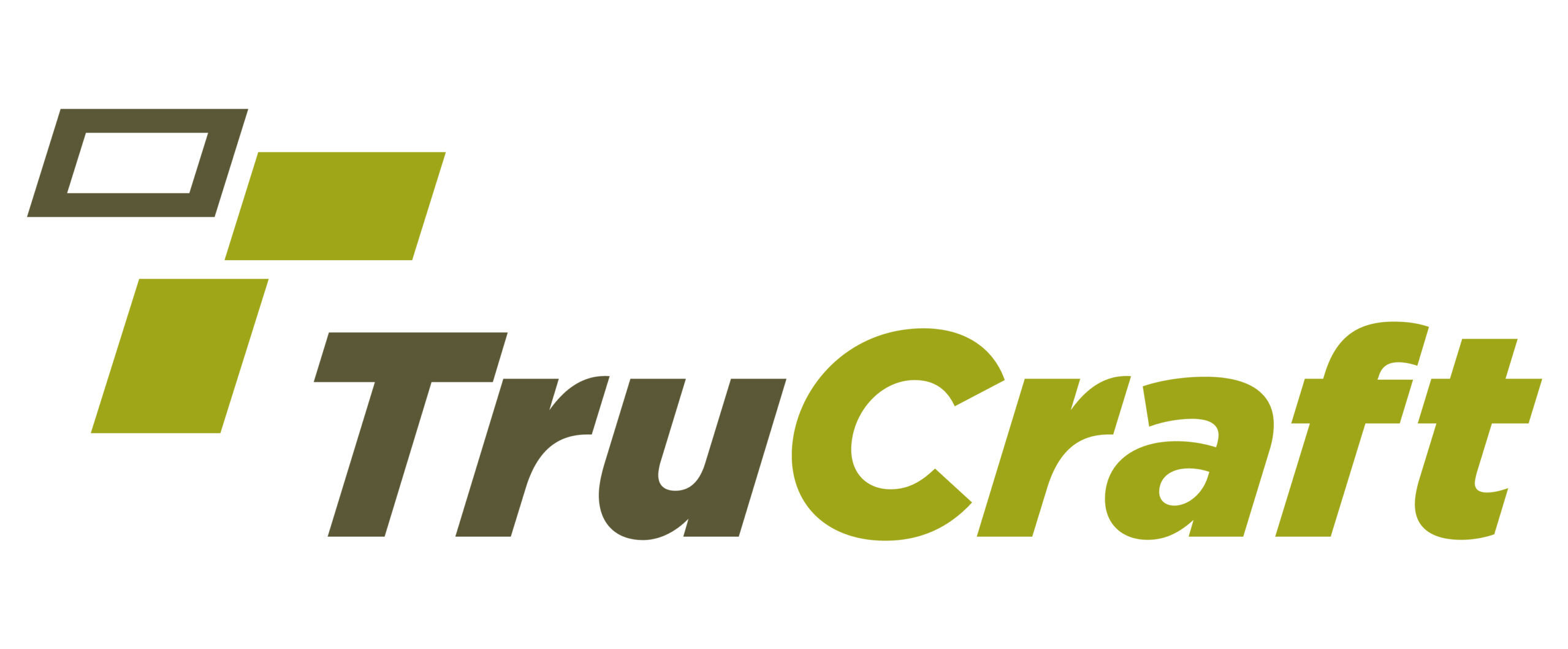In recent months TruCraft has been agressive about informing consumers about roof storm chasing. We take this stance because too many people become victims of companies posing as roofers trying to committ a fraud. While each consumer is responsible for performing his/her own research about the company they are about to hire, here are some tips about roofing warranties.
Roofing Warranty Tips:
There are two types of roofing warranties, one issued by the manufacturer and one issued by the roofing company perfoming the labor. While most roof manufactures stand behind their product, not all roofers will warranty their labor. The chances of an out of town roofing company providing a labor warranty is slim. For example, if you hire a Minnesota roofing company to roof your Ohio home, what are the chances that company will stand behind their labor and send a crew down to Ohio to perform the warranty work?
Tip 1: Check the Roofing Companies background – Do a search with the Better Business Bureau (bbb.org) and Kudzu.com to see how reputable the company is. Ask for references, including local references and references of jobs completed in the last 30 days.
Tip 2: Determine the type of warranty offered – When they say the roof come with a warranty, is it the manufacture’s warranty? Does it include labor? If your roof fails and only the roofing material is covered you’ll need to come up with thousands of dollars yourself to pay for the labor to fix the roof. TruCraft warranties its labor, so its customers don’t have to worry.
Tip 3: Submit the paperwork to the manufacture – Not all companies will help you with this vital step. TruCraft will and since TruCraft stands behind its work, you can be assured both the labor and the roofing material itself will be covered.
Not all roofers that chase storms are bad guys. However its not realistic that if your new roof installed by someone 1,000 miles away fails two years from now that the same company will be willing to make that 1,000 trip to perform warranty work.
